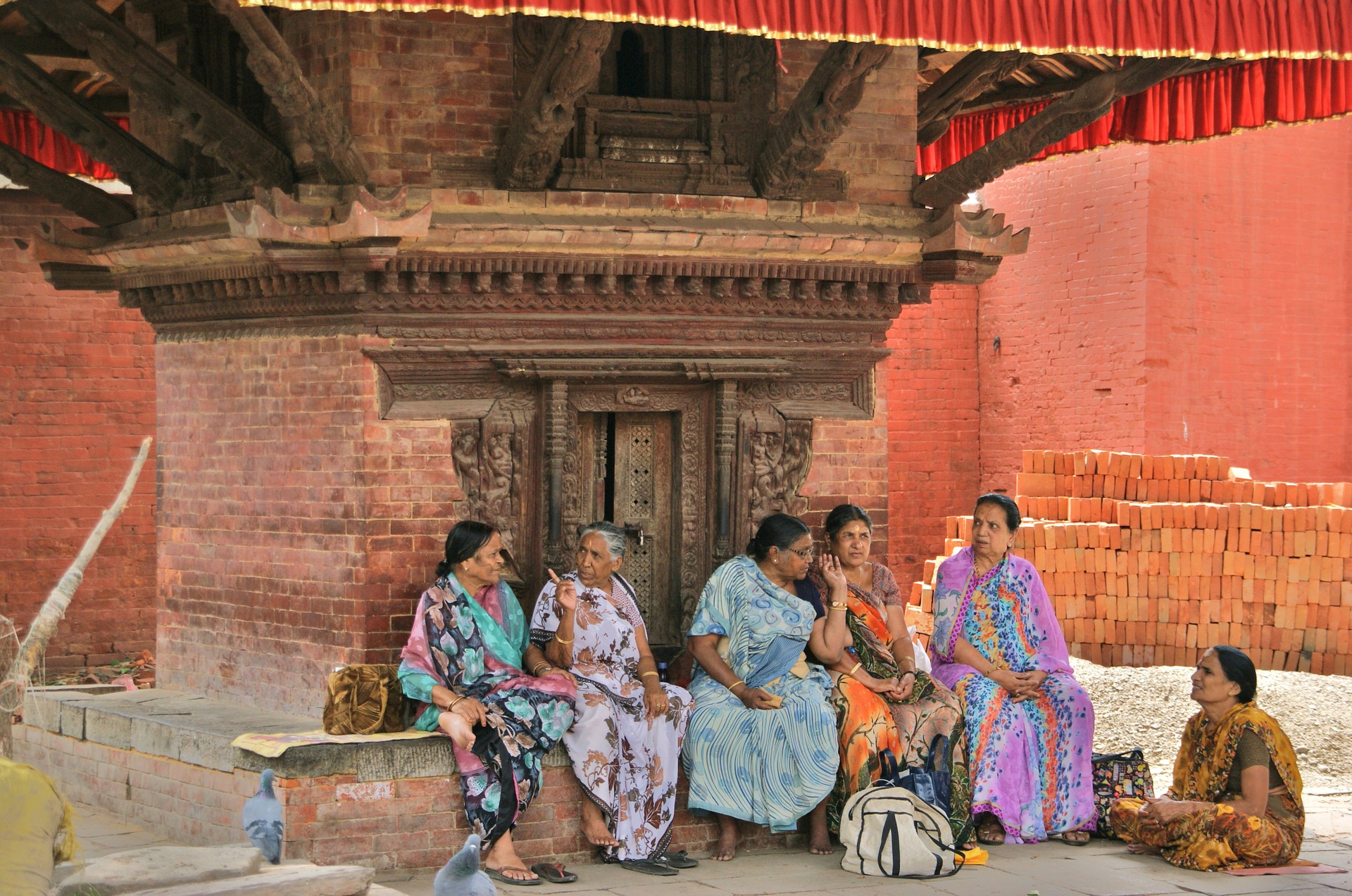
Mental Health of Female Survivors of Human Trafficking in Nepal
Abstract
Little is known about the mental health status of trafficked women, even though international conventions require that it be considered. This study, therefore, aims at exploring the mental health status, including anxiety, depression and post-traumatic stress disorder (PTSD), of female survivors of human trafficking who are currently supported by local non-governmental organizations (NGOs) in Katmandu, the capital of Nepal, through comparison between those who were forced to work as sex workers and those who worked in other areas such as domestic and circus work (non-sex workers group). The Hopkins Symptoms Checklist-25 (HSCL-25) was administered to assess anxiety and depression, and the PTSD Checklist Civilian Version (PCL-C) was used to evaluate PTSD. Both the sex workers’ and the non-sex workers’ groups had a high proportion of cases with anxiety, depression, and PTSD. The sex workers group tended to have more anxiety symptoms (97.7%) than the non-sex workers group (87.5%). Regarding depression, all the constituents of the sex workers group scored over the cut-off point (100%), and the group showed a significantly higher prevalence than the non-sex workers (80.8%). The proportion of those who are above the cut-off for PTSD was higher in the sex workers group (29.6%) than in the non-sex workers group (7.5%). There was a higher rate of HIV infection in the sex workers group (29.6%) than in the non-sex workers group (0%). The findings suggest that programs to address human trafficking should include interventions (such as psychosocial support) to improve survivors’ mental health status, paying attention to the category of work performed during the trafficking period. In particular, the current efforts of the United Nations and various NGOs that help survivors of human trafficking need to more explicitly focus on mental health and psychosocial support.
To read more click here.
